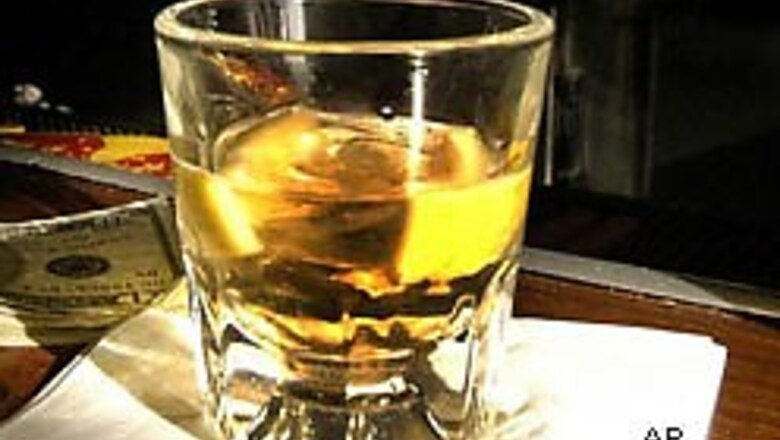
views
Washington: A single dose of the hallucinogenic drug Lysergic acid diethylamide (LSD) provided in a clinical, nurturing environment, can be an effective treatment for alcoholism, History of medicine professor at the University of Alberta, Dr Erika Dyck has claimed.
Dyck has been studying records of a study conducted by pioneering psychiatrists who worked in Saskatchewan, Canada in the '50s and '60s.
After perceiving similarities in the experiences of people on LSD and people going through delirium tremens, the psychiatrists conducted a series of experiments on study participants.
They noted that Delirium Tremens (DT), often marked a ‘rock bottom’ or turning point in the behaviour of alcoholics and they felt LSD may be able to trigger such a turnaround without engendering the painful physical effects associated with DTs. Their findings were largely correct.
"The LSD somehow gave these people experiences that psychologically took them outside of themselves and allowed them to see their own unhealthy behaviour more objectively and then determine to change it," said Dyck.
Dyck read the researchers' published and private papers and recently interviewed some of the patients involved in the original studies, many of whom had not had a sip of alcohol since their single LSD experience 40 years earlier.
According to one study conducted in 1962, 65 per cent of the alcoholics in the experiment stopped drinking for at least a year-and-a-half (the duration of the study) after taking one dose of LSD.
The controlled trial also concluded that less than 25 per cent of alcoholics quit drinking for the same period after receiving group therapy and less than 12 per cent quit in response to traditional psychotherapy techniques commonly used at that time.
The Saskatchewan group findings that were received with much scepticism, argued that the drug needed to be provided in a nurturing environment to be effective.
Dyck, whose findings are published this month in the journal Social History of Medicine, believes there is value in the Saskatchewan group's experiments.
"The LSD experience appeared to allow the patients to go through a spiritual journey that ultimately empowered them to heal themselves, and that's really quite an amazing therapy regimen," Dyck said.
The ban on the use of LSD in medical experiments appears to be lifting, Dyck noted.
A few groups of researchers in the US, including a team at Harvard, have recently been granted permission to conduct experiments with LSD.
"We accept all sorts of drugs, but I think LSD's 'street' popularity ultimately led to its demise. And that's too bad, because I think the researchers in Saskatchewan, among others, showed the drug is unique and has some intriguing properties that need to be explored further," Dyck said.

















Comments
0 comment